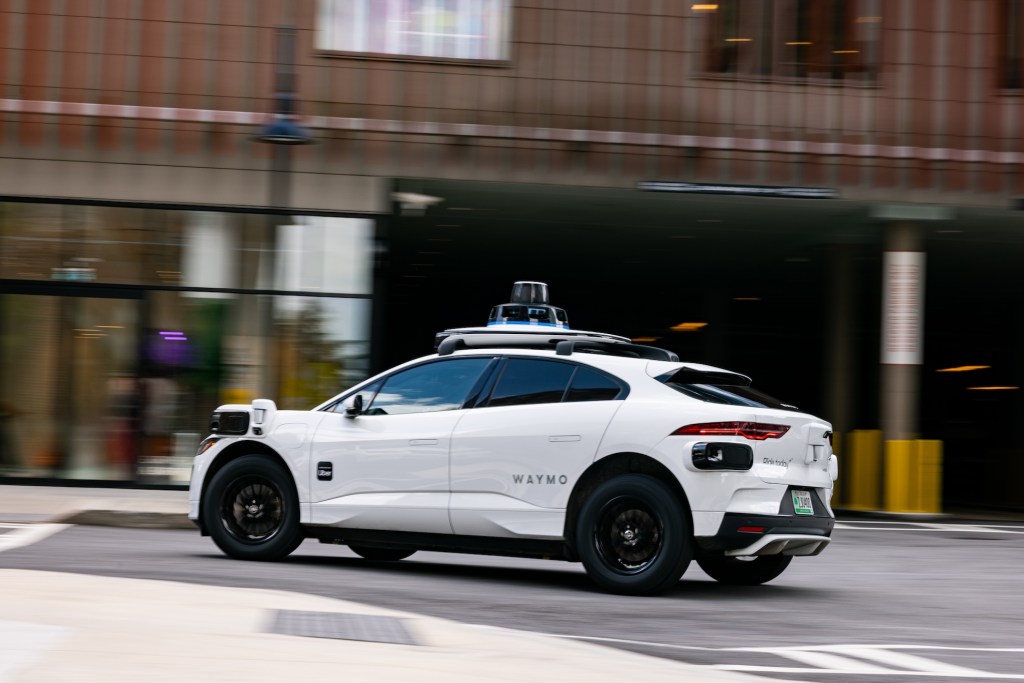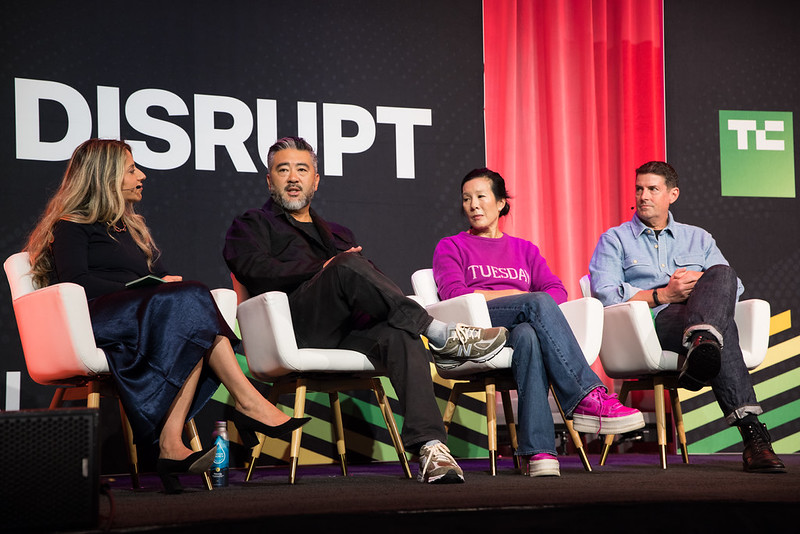Uber Technologies and Waymo, a subsidiary of Alphabet, have officially launched their autonomous ride-hailing service in Atlanta, marking a significant expansion of their partnership. This collaboration allows Uber users within a 65-square-mile area of Atlanta to request rides in Waymo’s fully autonomous, all-electric Jaguar I-PACE vehicles through the Uber app.
The service, which began in Austin, Texas, earlier this year, has now extended to Atlanta, offering residents a new mode of transportation that combines Uber’s ride-hailing platform with Waymo’s advanced self-driving technology. Initially, the fleet in Atlanta comprises dozens of vehicles, with plans to scale up to hundreds over time. Riders will be charged standard UberX, Comfort, or Comfort Electric rates, and tipping is not prompted for these autonomous rides.
This launch comes amid increasing competition in the autonomous vehicle sector. Tesla recently initiated limited trials of its robotaxi service in Austin, indicating a broader industry shift towards self-driving technologies. Waymo continues to expand its footprint, with plans to begin autonomous testing in New York City and a fully autonomous ride-hailing service in Washington, D.C., slated for next year. Currently, Waymo operates over 1,500 vehicles, delivering more than 250,000 rides weekly in cities such as San Francisco, Los Angeles, Phoenix, and Austin.
Uber’s venture into autonomous ride-hailing follows the sale of its self-driving division in 2020, a decision influenced by a fatal crash involving one of its autonomous vehicles. Since then, Uber has focused on partnerships, such as this collaboration with Waymo, to remain competitive in the evolving transportation landscape.
The Waymo on Uber service in Atlanta is designed to integrate seamlessly with the existing Uber app. Users can set their ride preferences to increase the likelihood of being matched with a Waymo vehicle. Upon being paired with a robotaxi, riders have the option to accept the autonomous ride or switch to a human-driven vehicle. The Uber app facilitates unlocking the vehicle, accessing the trunk, and starting the trip, ensuring a user-friendly experience.
This partnership delineates clear responsibilities: Uber manages the charging, maintenance, and cleaning of the autonomous vehicles, as well as overseeing access to the robotaxis via its app. Waymo, on the other hand, monitors the technology and autonomous operations, including roadside assistance and certain aspects of rider support.
The introduction of this service in Atlanta is expected to enhance the availability and convenience of ride-hailing options for residents, offering a glimpse into the future of urban transportation. As autonomous vehicle technology continues to advance, collaborations like that between Uber and Waymo are likely to play a pivotal role in shaping the mobility landscape.



